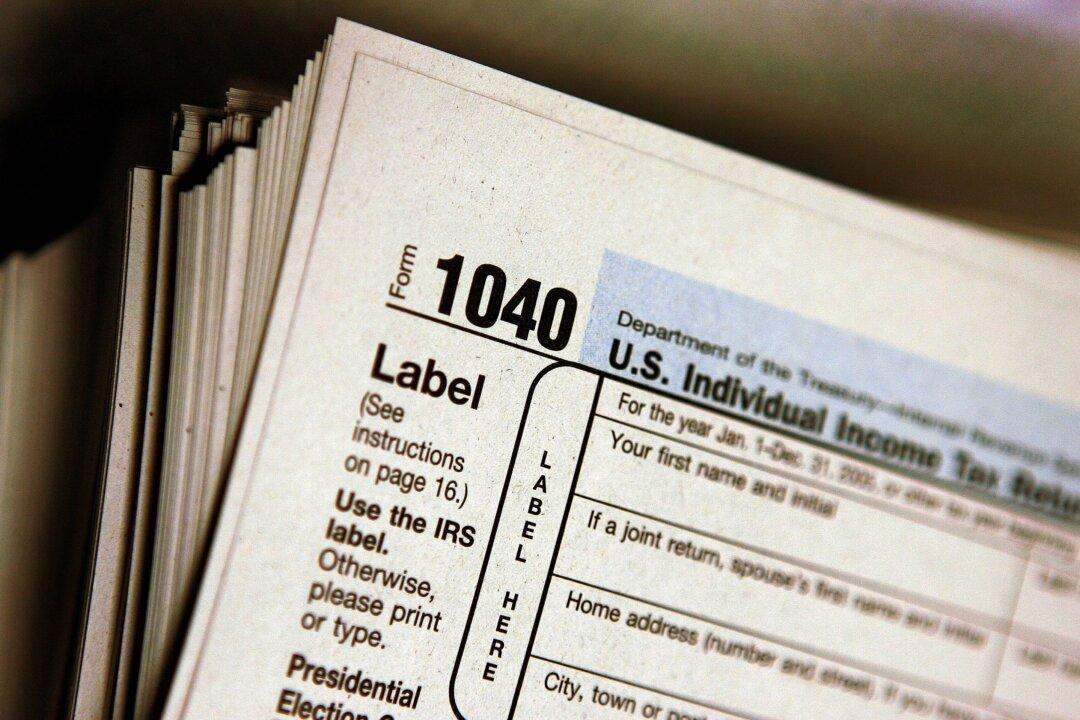The Internal Revenue Service may have to furlough about two-thirds of its workforce if a government shutdown is triggered by Congress, according to a plan released Thursday.
The plan released (pdf) by the U.S. Treasury Department on Thursday shows the agency anticipates that it will furlough some 60,000 employees—or about two-thirds of its staff—of the IRS if the shutdown isn’t averted. The House and Senate have until midnight on Sept. 30 to pass a bill to fund the federal government.





